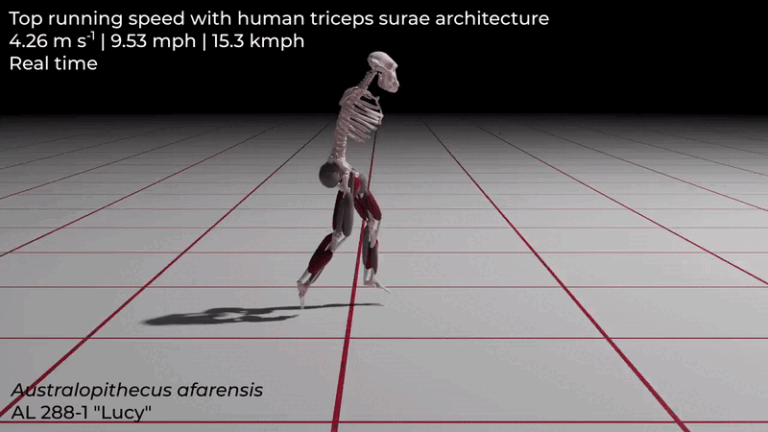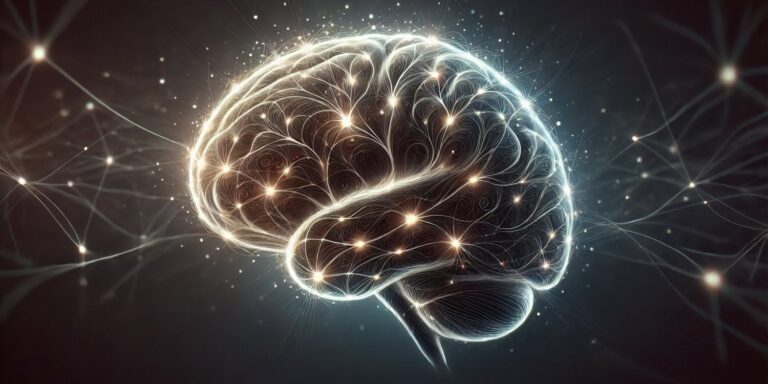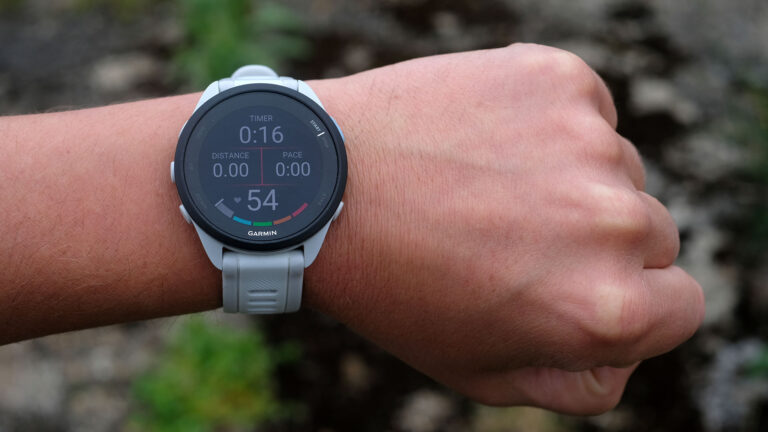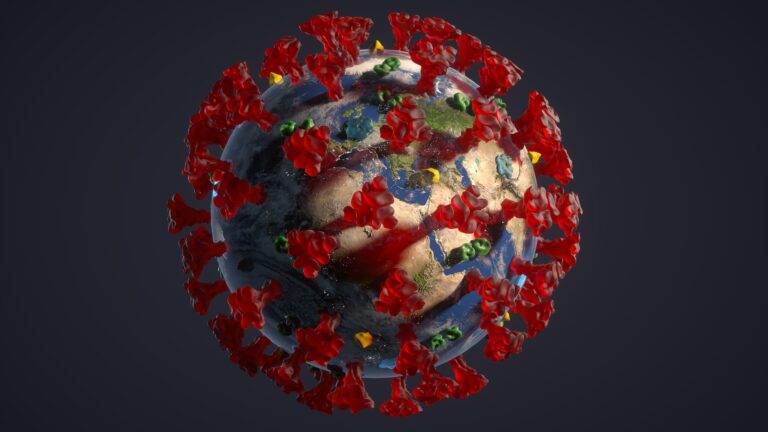Women who masturbate more frequently tend to have better sexual health literacy and sexual functioning, study finds

A study of sexually active Turkish Muslim women found that those who masturbate more frequently have better sexual health literacy and sexual functioning. On average, this sample of women reported masturbating five times per month. The study was published in…












